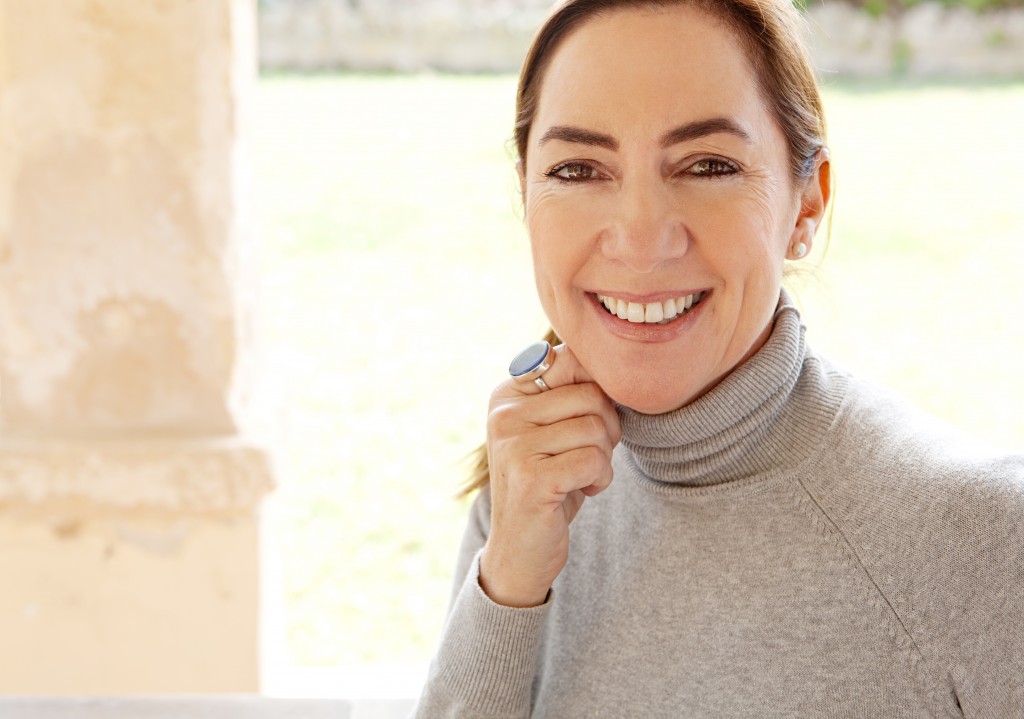Bones and teeth are essential parts of the human body that play a significant role in maintaining a person’s appearance, bodily function, and overall health. As we age, both our bones and teeth tend to lose their strength. That’s why it’s crucial to maintain optimal bone density and slow down your rate of bone loss. Before you go on and volunteer for medical studies or trials, make an effort to keep your bones and teeth healthy.
The good news is that it’s never too late to take care of your bones and teeth as practicing natural health remedies can keep them at their optimal condition even in later years.
Here are different ways to keep your bones and teeth healthy naturally, keeping you strong, active, and improving your overall vitality.
Consume More Calcium
Calcium is the most common endogenous mineral circulating in the human body and is primarily present in the bones and teeth. It’s essential for maintaining bone density that’s crucial for supporting the skeleton, making calcium a vital health source for your bones and teeth. The recommended calcium intake for adults age 19 to 50 is 1,000 milligrams daily, and 1,200 milligrams per day for women after menopausal and men older than 70.
Healthy food sources with high calcium levels to add to your diet include almonds, leafy greens like kale or spinach, salmon, soy, and dairy products.
Eat More Vitamin D Rich Foods
Vitamin D plays an essential role in protecting your teeth and bones by allowing your body to absorb calcium. It also enhances the strength of supporting muscles surrounding your bones that are needed to prevent falls. The recommended intake for vitamin D for adults between the ages of 19 to 70 is 600 international units (IUs) daily and an additional 200 IUs for adults older than 70.
Excellent food sources rich in vitamin D that you should add to your meal plans include whitefish, salmon, trout, tuna, or any oily fish, mushrooms, eggs, milk, cereals, and other fortified foods. Another natural source rich in vitamin D is sunlight, as it can also contribute to the body’s production of the specific vitamin.
Stay Active

Being inactive can weaken your muscles and accelerate bone loss, increasing your risks of experiencing falls, structures, or developing osteoporosis. A lack of exercise can also increase your risk of contracting periodontitis, or gum disease. That’s why it’s best to stay active as you age.
Simple and easy to do exercises that aging individuals can do are walking, dancing, riding a bike, or playing moderately intense sports like tennis.
Medical experts also recommend that aging individuals do activities that can improve their balance and coordination to reduce the risk of falling or getting fractures. Yoga and tai chi are fantastic exercises that can improve balance while easing stiffness associated with painful joints.
Limit Caffeine
Consuming too much caffeine can reduce the amount of calcium your body can absorb, making your bones and teeth weaker. If you can’t give up your favorite coffee just yet, limit your intake to no more than 400 milligrams daily.
Avoid Substance Abuse
These ‘substances’ include smoking and drinking alcohol. Drinking alcohol can contribute to faster bone loss. That’s why it’s best to limit to two to three drinks daily. Smoking can also accelerate your bone loss rate and increase your risk of developing bone fractures.
Although bone loss and teeth loss are inevitable as we age, doing the natural remedies mentioned can help slow these down, allowing you to live a more healthy, happier, and active life.



